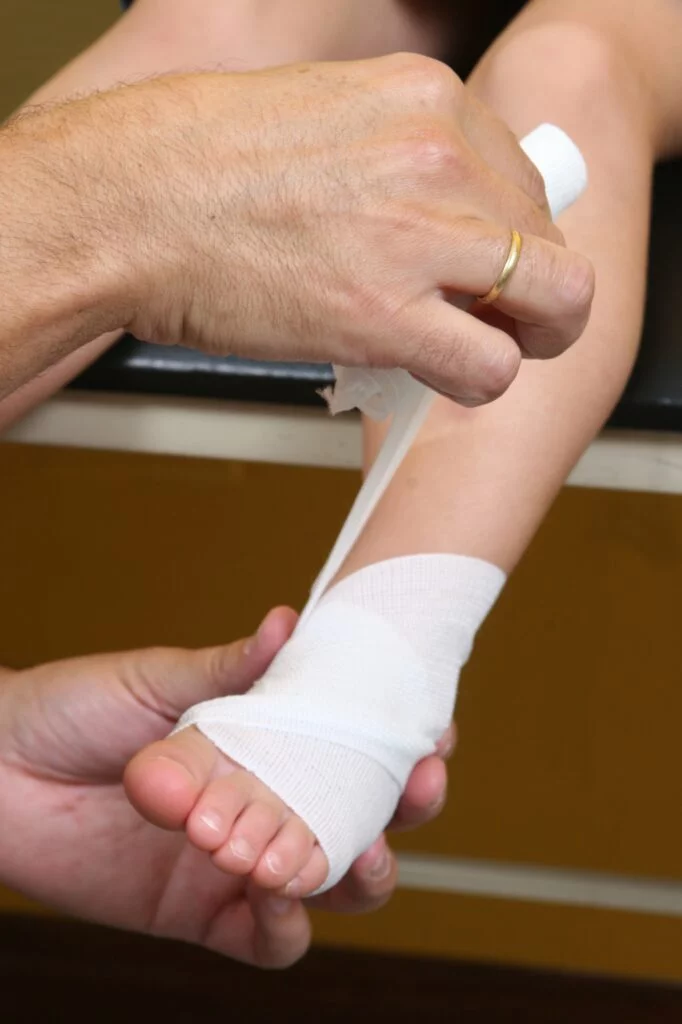While it tends to be markedly worse in untreated diabetes, and you can lower your risk by carefully monitoring and managing your blood sugar levels, peripheral neuropathy eventually affects 60 to 70% of all people with diabetes.
If you are dealing with DPN, you may not feel heat, cold, or injuries in your hands, legs, and feet, which means you may not notice minor or even major afflictions in those areas. You need to carefully examine your legs and feet on a regular basis to ensure that a cut, burn, or frostbite doesn’t go unnoticed and grow into a larger problem.
It is particularly important for people dealing with DPN to ensure that their shoes are carefully, properly fitted, as they cannot rely on common signs like discomfort or pain to warn them of developing bunions, corns, blisters, bone spurs, or other conditions that can cause problems if left untreated. Worse, an open wound on the foot that goes unnoticed can develop an infection that will be difficult to heal due to the poor blood flow caused by diabetes. Such wounds can develop into ulcers that can be potentially life-threatening and require amputation.
Watch out for symptoms such as:
- Heightened sensitivity to touch in your extremities (which can be a precursor to the loss of sensation), or a tingling or numbness.
- Muscle weakness, which can be caused by the same nerve damage that causes numbness. It may be difficult to walk, get up from a chair, or to grab or carry things with your hands.
- Balance problems, both when walking or standing still, or when standing up. This can be a side effect of muscle weakness and of your body adapting to nerve muscle damage.
These early signs of DPN are often simply mistaken for common effects of old age and go ignored. If you are experiencing these or other symptoms, do not dismiss them; schedule a visit with your doctor to address your concerns and ensure you are properly managing your diabetes.

